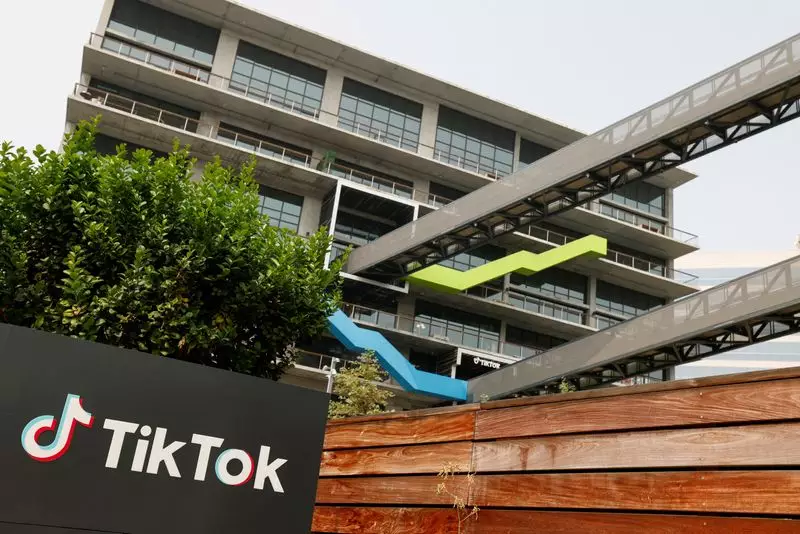Following the political landscape’s upheaval, President-elect Donald Trump’s remarks on TikTok shed new light on the controversial app’s future in the U.S. During a rally in Phoenix, Arizona, Trump articulated a surprisingly sympathetic view towards TikTok, citing the massive engagement his campaign enjoyed on the platform. This statement appears to contradict the earlier stances taken by lawmakers regarding national security and the potential banning of the app, underscoring the complex interplay between social media, politics, and public sentiment.
The backdrop to Trump’s comments is a significant legal and political battle that has ensued since the Senate passed a bill in April, compelling TikTok’s Chinese parent company, ByteDance, to divest the app. Lawmakers have vocally expressed concerns regarding national security risks associated with foreign ownership of digital platforms that gather extensive user data. However, TikTok has been proactive in defending its operations, arguing that user information is safeguarded within U.S. borders. With the U.S. Supreme Court poised to hear TikTok’s challenge against the Senate’s mandate, the suspense surrounding the app’s fate intensifies, with a potential ban looming on the horizon.
Trump’s nostalgic reference to his campaign’s success on TikTok is not merely an expression of fondness; it highlights a strategic recognition of the platform’s power in shaping public discourse and engagement. The billions of views he claims to have garnered are not trivial numbers—they represent a formidable outreach tool that has become crucial in modern political campaigns. As Trump affirmed, the remarkable engagement metrics recorded through TikTok are not just a personal win but also a testament to the platform’s potential to influence American voters.
The juxtaposition of economic opportunity with perceived national security threats is at the crux of the TikTok dilemma. The Justice Department’s claim about the risks tied to Chinese ownership has gained traction among legislators, leading to overwhelming support for the divestiture bill. Yet, the question remains whether the loss of a popular platform used by millions of Americans would be a greater consequence than the perceived risks associated with its ownership. The prospect of banning an app that has effectively become a part of the American social media landscape raises critical questions about censorship, consumer choice, and the government’s role in regulating digital spaces.
As the conversation around TikTok unfolds, a palpable tension exists between established political narratives advocating for national security and emergent narratives recognizing digital platforms as pivotal to modern engagement. Trump’s recent comments may reflect a broader shift in strategy, indicating a willingness to embrace the platform rather than demonizing it. The future of TikTok in the U.S. will likely be determined not only by legal battles but also by the evolving perceptions of social media’s role in shaping political power and societal interaction at large.
TikTok stands at a crossroads, caught between the crossfire of political agendas and public interest. As legal precedents unfold and public sentiment evolves, the ultimate resolution regarding TikTok’s status in America remains uncertain, raising ongoing debates regarding the intersection of technology, democracy, and security.

